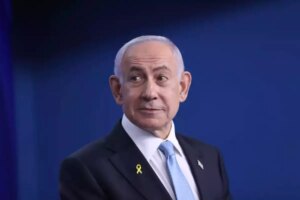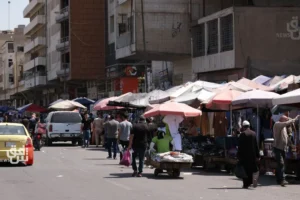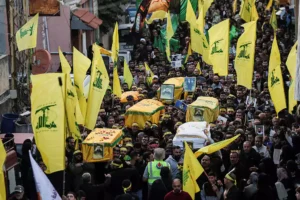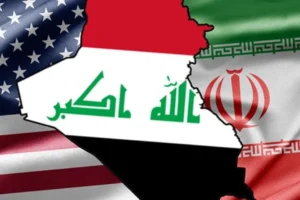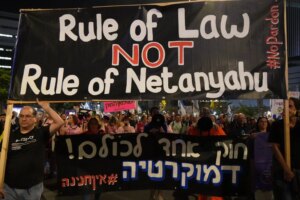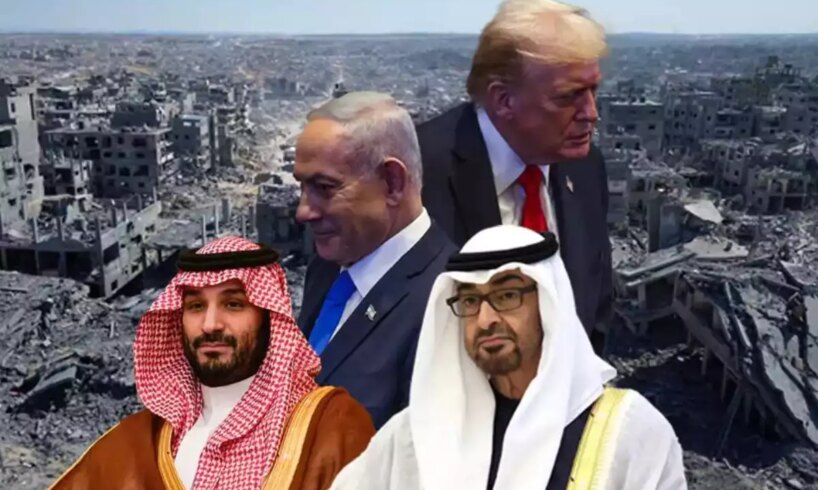
“Contacts between Israel and Saudi Arabia regarding normalization have never ceased, though the process remains gradual and deliberate.” This assessment comes from Dr. Nirit Ofir, a Middle East expert and lecturer at Reichman University.
Ofir understands the Saudis perhaps better than any other Israeli. She has facilitated numerous achievements, including bringing Israeli teams to Saudi Arabia’s Dakar Rally in 2021, brokering various deals between Israeli and Saudi companies, and becoming the first Israeli to lecture at a public Saudi conference in September 2023, when normalization appeared imminent.
Here is another assessment: Within the coming year, likely before Israel’s elections, substantial rapprochement between Israel and Saudi Arabia will occur – perhaps not full Abraham Accords membership, but at minimum a significant political-economic development. A senior US diplomat estimates and assures in conversation with Israel Hayom, “This isn’t a matter of gambling [on it happening], it’s geopolitics and economic interests – what should have happened long ago will occur shortly.”
What drives Saudi interest? Crown Prince Mohammed bin Salman’s Vision 2030 fulfillment integrates closely with business, technological, and security relationships with Israel. The vision incorporates technological development and advancement in which Israel already participates in areas including cyber defense, fintech, and additional sectors.
Furthermore, bin Salman, who favors mega-projects involving enormous monetary figures, strongly identifies with President Donald Trump’s mega deal, the grand Middle East plan, and intends to integrate thoroughly into what should transpire here. The project focuses extensively on shortening commercial routes from the East, Indo-China to Europe, and potentially oil and gas pipelines en route. Regarding security, MBS seeks an agreement constituting a defense alliance with the US and through it with Israel, protecting his nation from Iran and its proxies, including the Houthis.
US President Donald Trump (L) speaks with Israeli Prime Minister Benjamin Netanyahu at the Israeli parliament, the Knesset, in Jerusalem on October 13, 2025 (Evelyn Hockstein / POOL / AFP)
The security dimension was demonstrated conversely through Saudi assistance to Israel during the June war with Iran. As we revealed in our Israel Hayom report, Saudi military helicopters intercepted Iranian drones en route to Israel.
This represents exactly what Iran and its proxies, including Hamas, attempt to prevent. An intelligence-exposed document from Hamas leadership revealed this was one of Hamas’ declared objectives in launching the October 7 massacre.
Among Hamas’ (and Iran’s) declared war objectives was torpedoing Saudi Arabia’s Abraham Accords entry and normalization with Israel. This objective was essentially achieved while a Democratic administration unable to handle the situation’s complexity.
Long and complicated, yet possible
With Donald Trump’s re-entry as the Abraham Accords’ architect into the White House, this possibility returned to consideration, though the road remains lengthy and complex. Recently, the American president reiterated hearing willingness and desire from senior Saudis to join the Abraham Accords. Trump characteristically adds, correctly, that Saudi entry will pave the way for additional Arab and Muslim nations.
Throughout 2023, direct contacts occurred between Saudi Arabia and Israel, including conversations between Prime Minister Netanyahu and Crown Prince Mohammed bin Salman. In September, contacts reached near maturation, and Netanyahu’s UN General Assembly speech discussing the vision for the developing Middle East and building alliances was broadcast initially on Saudi television.
The war delayed the process, although beneath the surface contacts have been maintained and continue at multiple levels. The Saudis expressed shock at the massacre while, consistent with Middle Eastern Arab society sentiment, sharpened discourse toward Israel during the war, and their political process demands intensified. Trump’s plan addresses this and removes obstacles to progress in this direction.
The car carrying US President Donald Trump is pictured between Saudi honor guards on horses carrying U.S. and Saudi flags, during a welcoming ceremony at the Royal Court in Riyadh, Saudi Arabia, May 13, 2025 (Saudi Press Agency/Reuters)
“The United Arab Emirates is Israel’s genuine Arab friend, demonstrated during the most difficult time, wartime,” a senior Israeli official maintaining contact with the Gulf country for many years tells us.
The official recalls that the sole international companies that continued flights to Israel throughout the war were Emirati ones, and the UAE’s sharp condemnation of the October 7 massacre and Hamas generally. The UAE, alongside Saudi Arabia, maintain a firm position against Hamas, arguing that Gaza rehabilitation is impossible while it exists. Nevertheless, they finance numerous aid operations to Gazans, effectively since the war’s beginning.
The Emiratis leveraged positive connections in Israel to introduce aid into displaced persons camps, establishing clinics and field hospitals. Now they constitute the dominant state in establishing humanitarian spaces in IDF-controlled territories, including constructing clinic buildings, schools, and electricity, water, and sewage infrastructure. They initiated and funded establishing a water pipeline from the Egyptian side to southern Strip residents.
The Iranian Foreign Minister shows Saudi Foreign Minister Prince Faisal bin Farhan Al Saud (R) greeting Iranian Foreign Minister Abbas Araghchi during their meeting in Jeddah, Saudi Arabia, 10 May 2025 (EPA/IRANIAN FOREIGN MINISTER)
Like the Saudis, they also perceive the promising business horizon in a peaceful Middle East recovering from wars, the enormous commercial potential for their ports on routes from the East to Europe, and the tremendous advantages of cooperation with Israel. For instance, the Dubai diamond exchange, established merely twenty years ago, became the world’s largest with Israeli assistance.
The security dimension against the Iranian and Houthi threat also matters, and the war’s end will bring genuine expansion of weapons and military technology agreements with Israel.
An important aspect involving both countries is the Palestinian de-radicalization process. In both nations, such processes occurred in educational systems, media, and cultural and political discourse. Educational programs from both are already implemented in temporary Strip schools, at minimum in IDF-controlled territories.
